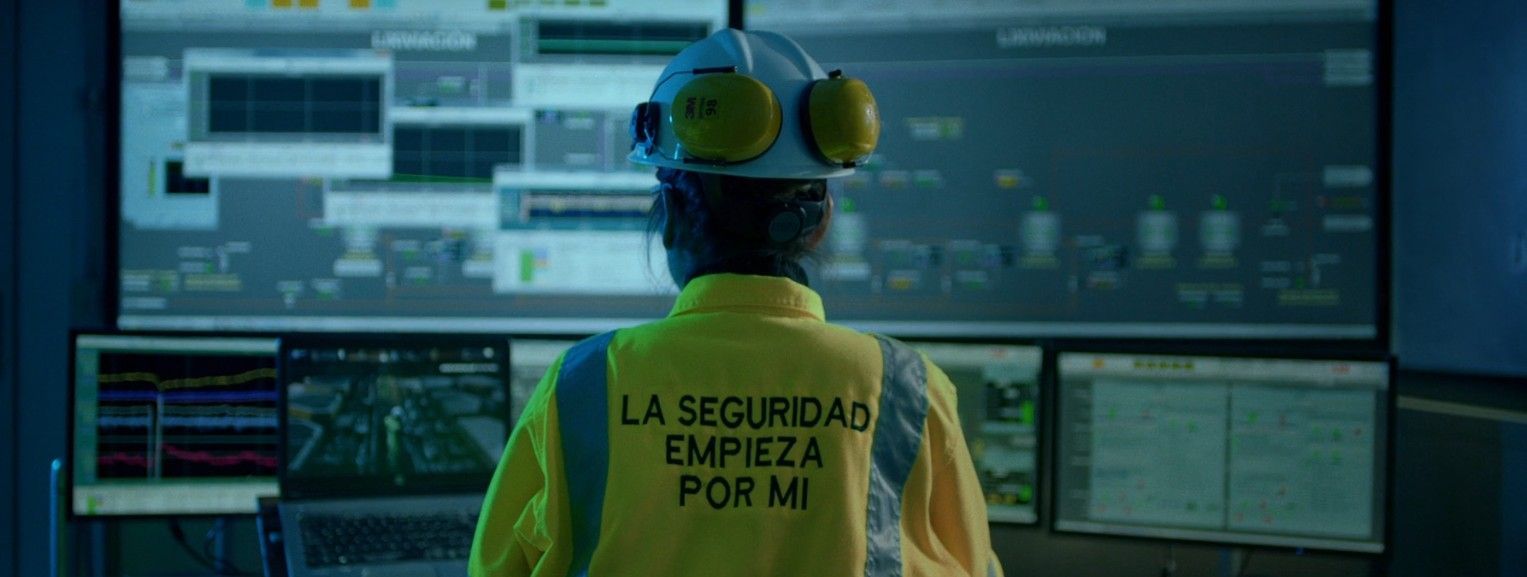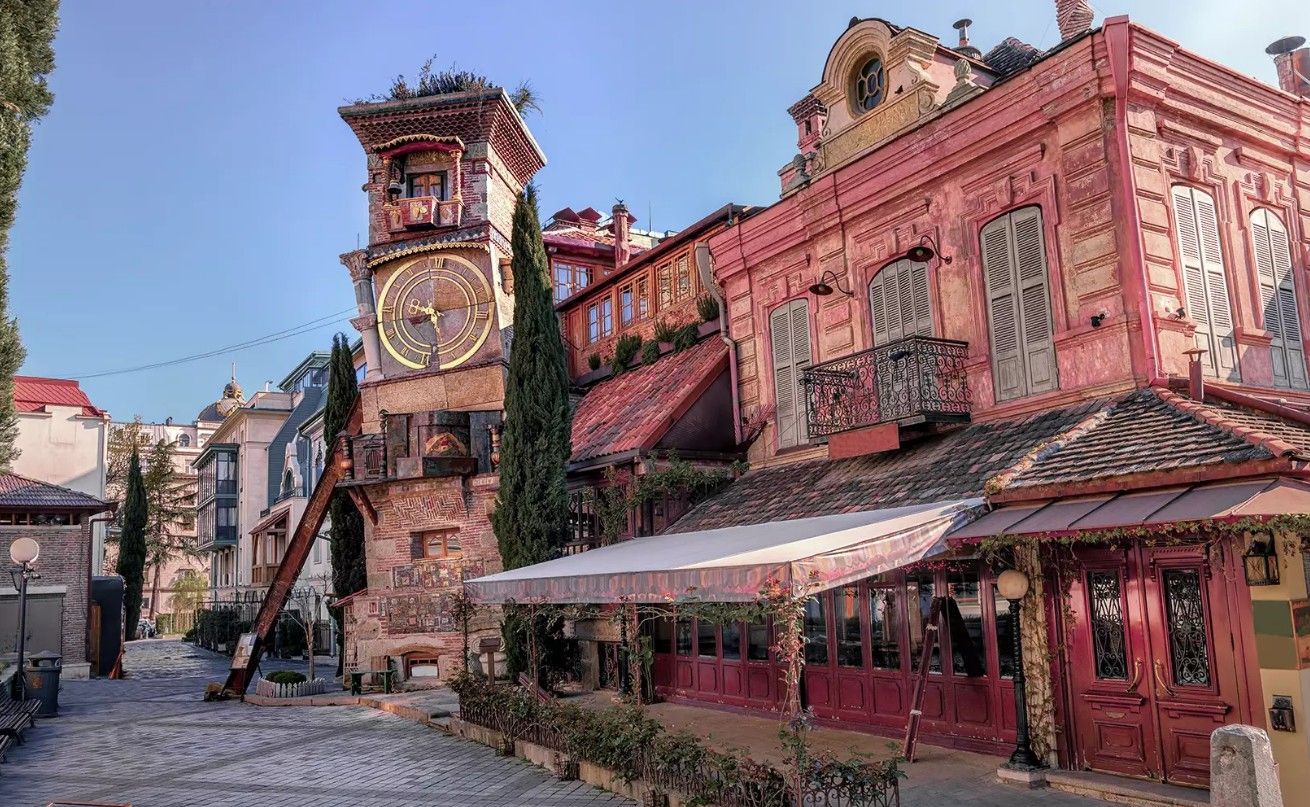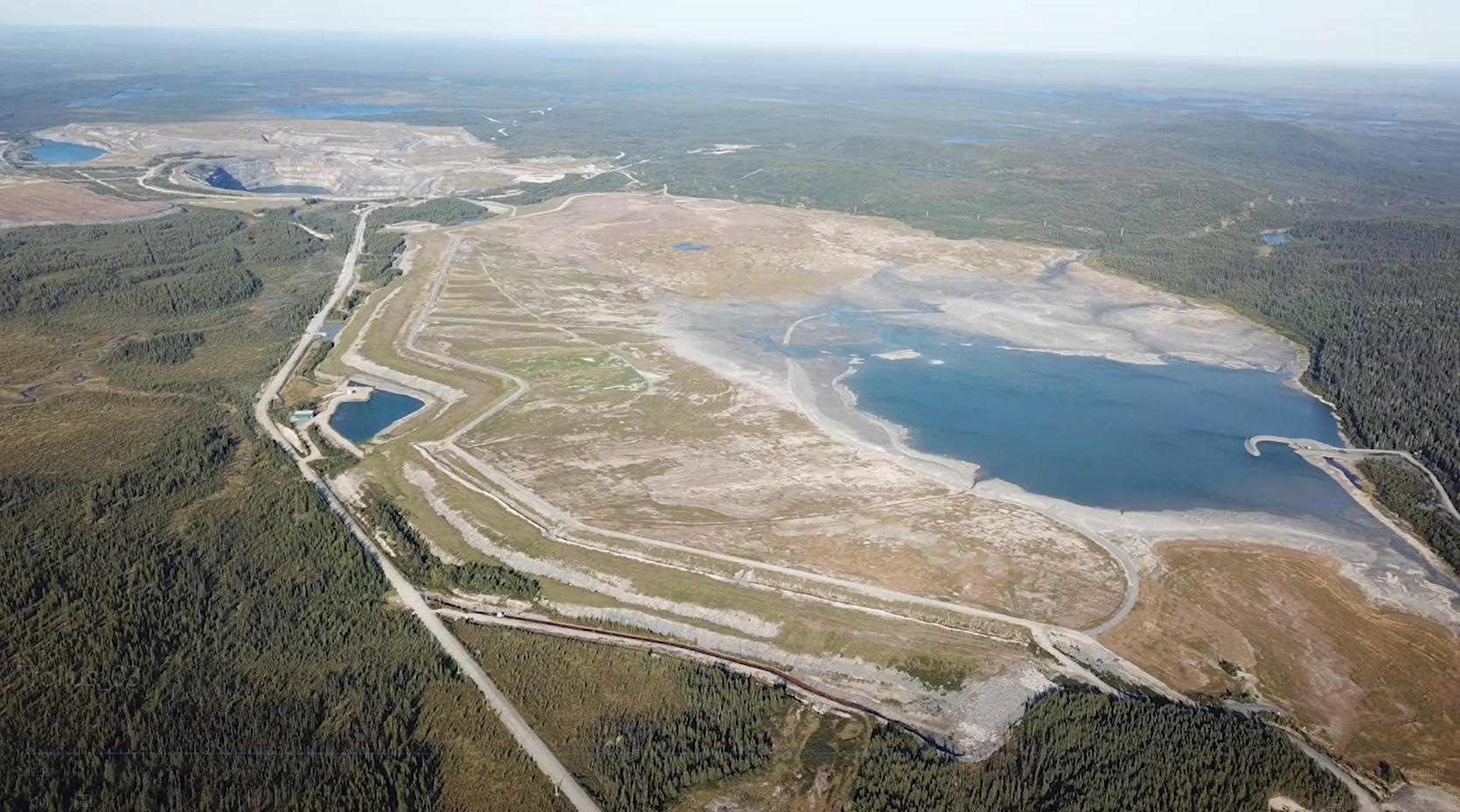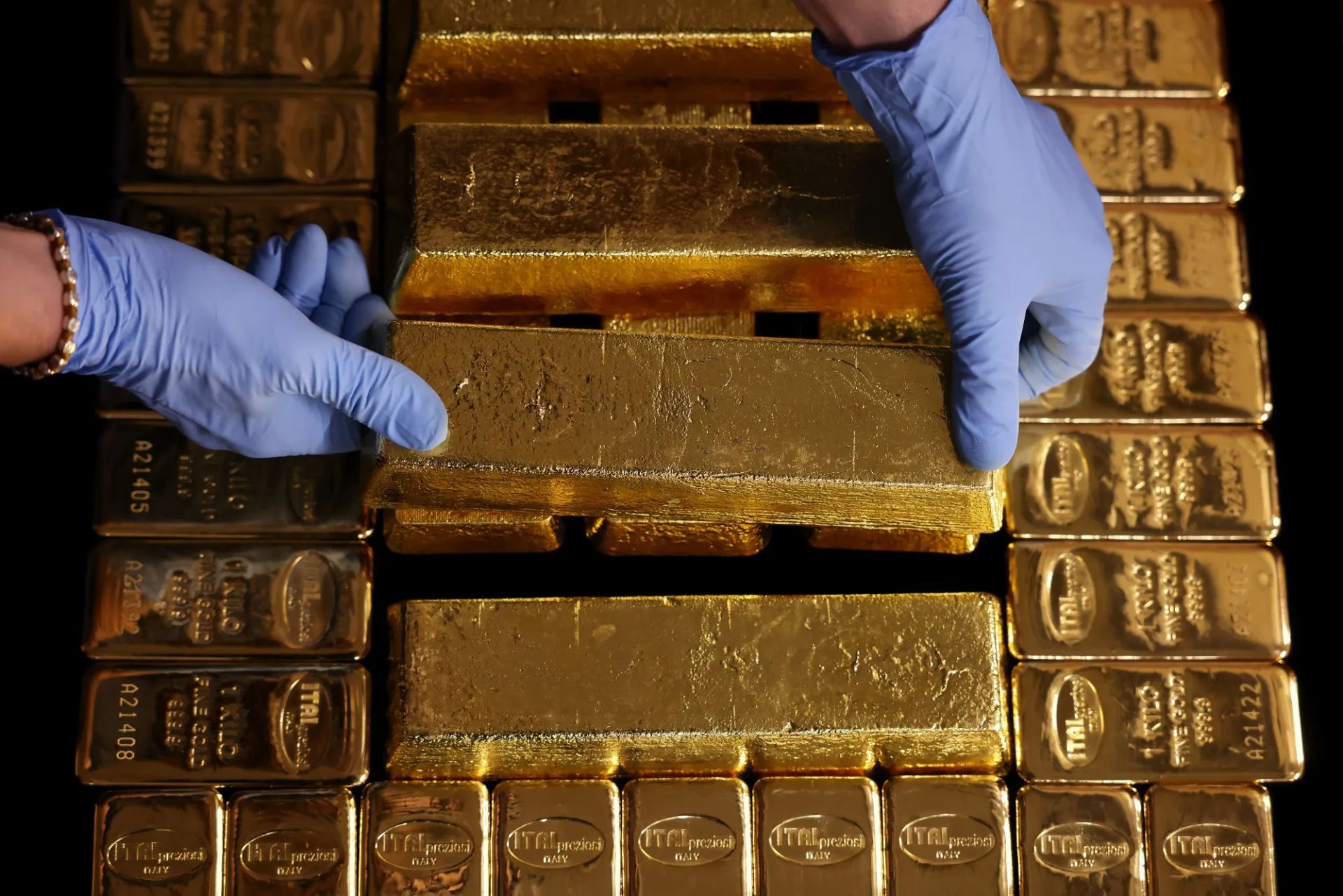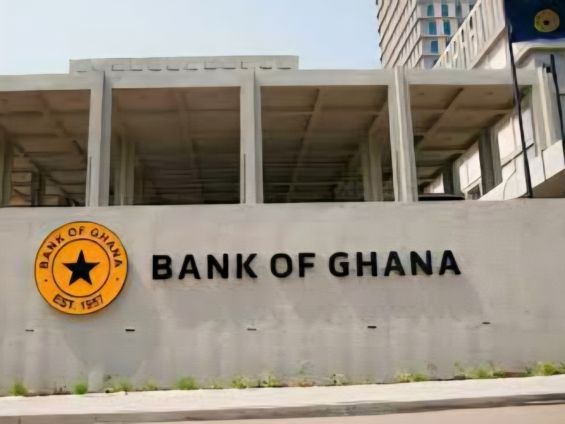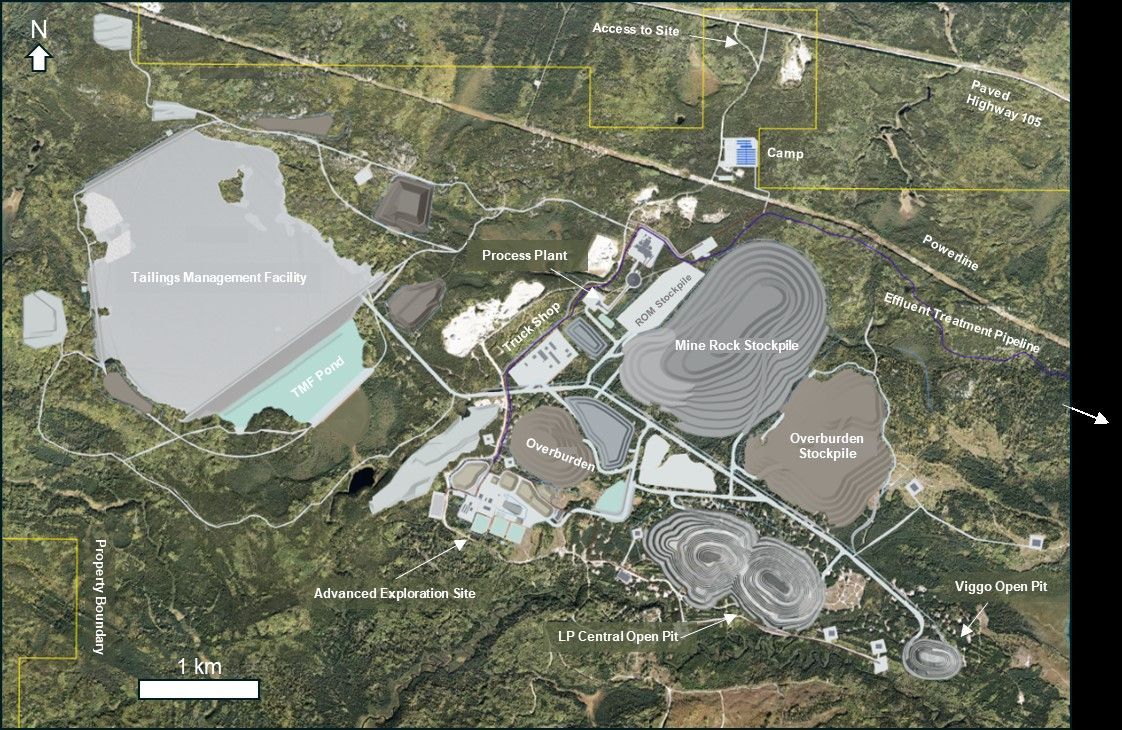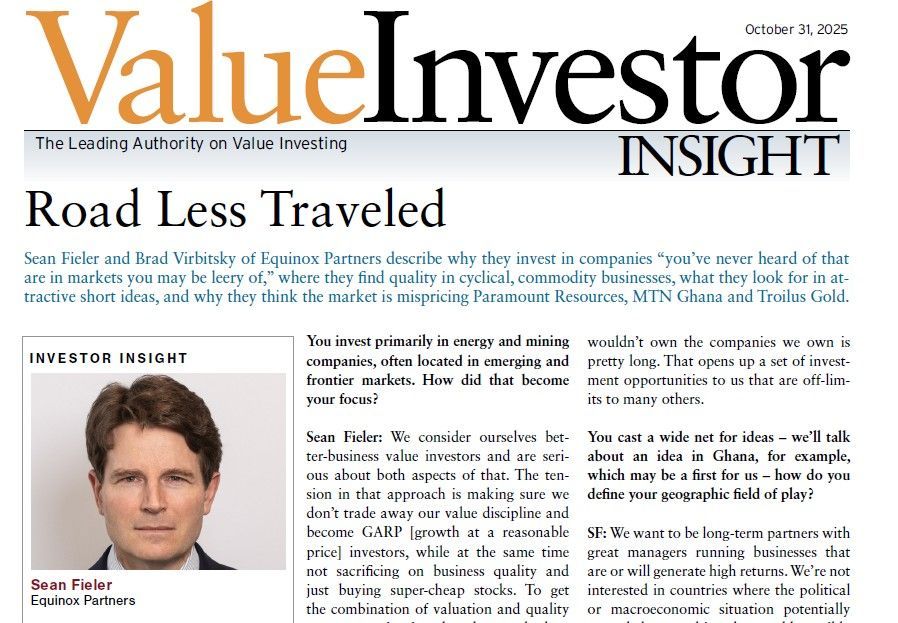Kuroto Fund, L.P. - Q1 2022 Letter
Dear Partners and Friends,
PERFORMANCE & PORTFOLIO
Kuroto Fund declined -3.0% in the first quarter of 2022. By comparison, the EM index declined -7.0% in the first quarter of 2022. [1]
russo-ukrainian war impact
While we are not invested in either Russia or Ukraine, the invasion of Ukraine has had a material impact on our portfolio. On one hand, the war has resulted in a near-term risk premium in the oil price which has benefited our investments in oil and gas companies. On the other, the war has weighed on our investments in the Republic of Georgia, Russia’s neighbor in the Caucuses. Both of our Georgian investments, TBC Bank and Georgia Capital, saw share price declines in excess of 30% in the days following the invasion. TBC Bank now trades at 0.7x book, 4x earnings, and generates a 10% dividend yield, while Georgia Capital trades at ~50% of our sum-of-the-parts valuation and is actively buying back shares to take advantage of the discount.
It remains unclear what long-term impact Russia’s invasion of Ukraine will have on Georgia. Initially, the market perceived the invasion to be a negative for Georgia, both geopolitically and economically. With the war having gone poorly for Russia, however, it now appears unlikely that Putin will invade another neighbor and the economic impact on Georgia has been less than expected. Moreover, the government of Georgia is actively trying to not provoke Russia, a strategy evidenced by Georgia’s recent removal from Russia’s list of “unfriendly” countries.
our sizeable oil and gas investments
Two years ago, Kuroto Fund held no investments in oil and gas companies. As of the end of April 2022, oil and gas investments account for almost 30% of partners’ capital. We began making investments in emerging market E&P companies following the steep declines in sector that resulted from the spring 2020 global lockdown. Since then, we have made a series of investments in the oil and gas sector with two new holdings added in the first quarter of 2022.
In 2020, investors abandoned the oil and gas sector due to a combination of poor returns, demand destruction from lockdowns, and ESG-related pressures. To the extent that investors elected to remain in the sector, they preferred companies operating in the U.S. that were producing free cash flow, had large market caps and liquid shares. Companies responded to these investor preferences by halting growth investments, merging to get larger, and selling non-core foreign operations. As a result, even as the oil price rebounded, oil and gas assets in emerging markets continued to trade at incredibly depressed valuations. This was particularly true for foreign small-cap E&P companies not yet returning free cash flow to investors.
What large ESG-pressured oil companies have been selling, we have been buying at some of the lowest valuations we’ve seen in our careers. Over the past two years, we’ve invested in two Latin American and two West African oil and gas companies. While each company’s story is unique, all four share a similar heritage: they’ve purchased some if not all of their assets from larger companies looking to exit emerging markets E&P assets. And while none of our E&P companies is returning meaningful free cash flow to shareholders today, each is on pace to substantially increase free cash flow in one to three years.
One example is our investment in a Brazilian oil company that purchased several oil and gas fields from Petrobras that were perceived to be marginal. Petrobras sold these assets using a DCF valuation of less than $50 oil and, remarkably, did not attempt to renegotiate the valuation even as the price increased to over $100 prior to the deal closing. Petrobras is focused on oil wells that produce 50k bpd, whereas the fields our company bought will require hundreds of wells to produce 10-20k bpd. That said, even at these lower flow rates, these wells are highly economic. Moreover, we were able to purchase this business at a projected free cash yield of approximately 50%.
Another example of our E&P investments is an offshore oil and gas producer in West Africa which was able to increase its stake in its core asset via a distressed sale from a large U.S. independent refocusing its attention on Texas-based Permian assets. We bought this company at what we believe is north of a 50% free cash flow yield once an investment program is completed. This company also owns substantial undeveloped gas assets that make it well placed to sell into Europe in the coming decades.
In an environment where large-cap U.S. oil producers sell at a low-teens FCF yield, and their Canadian peers sell closer to a 20% FCF yield, the market’s valuation of oil and gas producers in Latin America and West Africa is extraordinarily low. As the majors continue to divest from their non-core emerging markets operations, we expect our companies to have even more opportunities to acquire high-return assets with little competition. And as our companies finish their growth programs and begin to return substantial cash flow to shareholders, we believe that their shares will rerate dramatically.
Sincerely,
Sean Fieler Brad Virbitsky
END NOTES
[1] Performance stated for Kuroto Fund, L.P. Class A on a net basis. An investor’s performance may differ based on timing of contributions, withdrawals, share class, and participation in new issues. Unless otherwise noted, all company-specific data is derived from internal analysis, company presentations, or Bloomberg. Company valuations and exposures are as of 3.31.22.
Endnote: Unless otherwise noted, all company-specific data derived from internal analysis, company presentations, Bloomberg, or independent sources. Values as of 3.31.22, unless otherwise noted.
This document is not an offer to sell or the solicitation of an offer to buy interests in any product and is being provided for informational purposes only and should not be relied upon as legal, tax or investment advice. An offering of interests will be made only by means of a confidential private offering memorandum and only to qualified investors in jurisdictions where permitted by law.
An investment is speculative and involves a high degree of risk. There is no secondary market for the investor’s interests and none is expected to develop and there may be restrictions on transferring interests. The Investment Advisor has total trading authority. Performance results are net of fees and expenses and reflect the reinvestment of dividends, interest and other earnings.
Prior performance is not necessarily indicative of future results. Any investment in a fund involves the risk of loss. Performance can be volatile and an investor could lose all or a substantial portion of his or her investment.
The information presented herein is current only as of the particular dates specified for such information, and is subject to change in future periods without notice.
